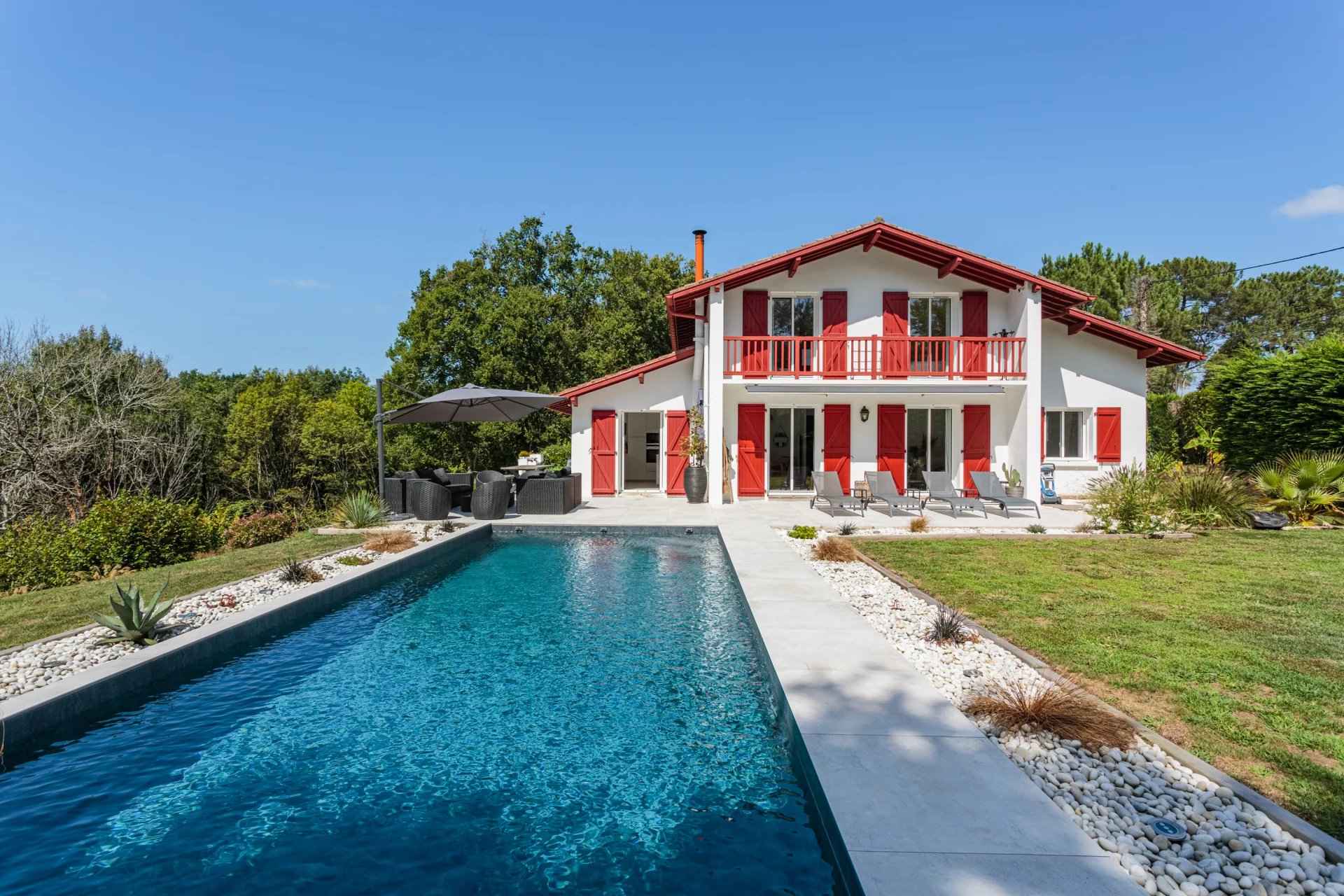2019-09-18
Transfer taxes will pay off in 2019
Calculation, news, legislation, free title ... Barnes tells you all about transfer rights in 2019!

What are transfer taxes?
Also called "registration fees" or "notary fees", transfer duties are taxes that apply on French territory during any real estate transaction. They are taken by the notary for any change of owner of a property, but vary according to the nature of this transaction (donation, new, old…). These transfer taxes are then transferred to local authorities and the State, unlike the disbursements and the notarial remuneration. This article summarizes everything you need to know about transfer duties, from their increase to possible tax allowances.
How are they calculated?
Transfer rights come into force from the moment the deed of sale is signed. They take several configurations depending on the nature of the property sold. In the case of an old property, they include several taxes at the local and national level: thus, 4.5% of the amount of the investment is equivalent to the departmental tax, 1.20% to the value of the property, and 2, 37% of the sale price is reserved for the State. Note that the transfer taxes do not apply to a purchase in the new: a purchaser of new real estate will only pay the notary fees and the property tax.
Transfer taxes and legislation
Notary rights are part of transfer rights, but only a tiny part. The law specifies that any transfer of pecuniary property relating to real estate or luxury real estate must be subject to a transfer tax levy. The only exception: free real estate transactions (i.e. donations) benefit from reductions which depend on the family relationship between the donee and the beneficiary.
Increasing rights
As of January 1, 2015, transfer duties are subject to provisional and optional increases in all French departments. There is thus an increase of 0.7 point and a proportion of 7 to 8% of the value of a real estate acquisition, against 5.09% before the increase in transfer taxes. With the finance law of 2014, this modification resulted in a cap on departmental taxes, which can no longer exceed 3.80% of the value of the property.
Donations and transfer rights free of charge
The application of transfer duties can be modified or reduced in certain cases, starting with a free real estate transaction: the transfer. According to article 8 of the 2015 finance law, a donation can even be temporarily exempted if it concerns building land, which can go up to 100,000 euros for a beneficiary descendant. In order to be exempt from transfer tax, he must then start construction work on a home within 4 years of the donation. The same temporary exemption is applied in the event of the donation of a new building intended to accommodate one or more dwellings. It may happen that the transfer rights are free of charge: spouses or civil union partners can bequeath real estate and thus have a reduction of 80,724 euros on transfer taxes. In the case of siblings, the allowance is equivalent to 15,932 euros.
Transfer taxes save departments 10 times more than Tax on Real Estate Fortune
Isolated from notary fees to be transferred to local authorities, transfer duties allow the departments to record record cash inflows in 2019. Particularly fruitful for the real estate market, this year will see nearly 13 billion euros. transfer rights enrich the funds of the departments. A windfall due to many sales in the old and a constant rise in prices. By way of comparison, in 2017, transfer costs had made it possible to rake in nearly 12 billion euros.
The totality of these transfer costs is colossal: it brings in 10 times more to the state than the IFI (tax on real estate wealth), which amounted in 2018 to 1.25 billion euros, which is all the same 400 million more than forecast. Departments do not receive the same benefits based on local real estate supply and demand and, of course, the cost of real estate. Paris thus holds the top of the podium with 1.5 billion euros in transfer costs collected this year. In second place, the Hauts de Seine (700 million euros). Among the regions collecting half a billion are the Alpes Maritimes, the Bouches du Rhône and the Gironde.


